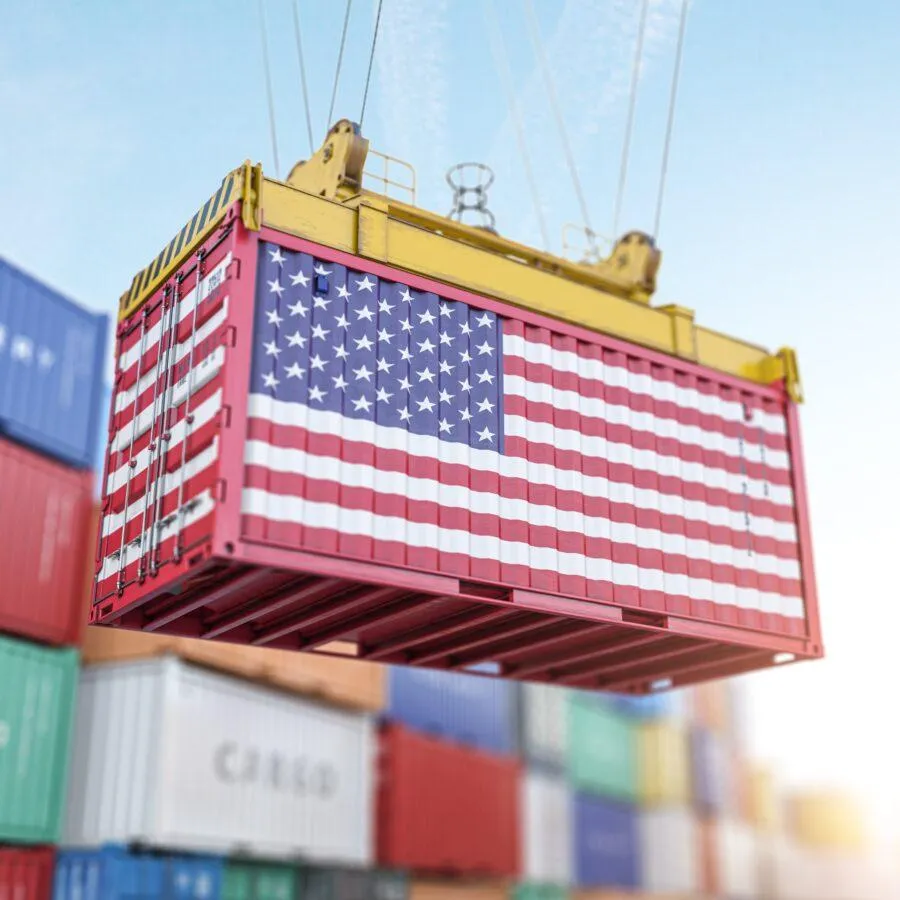
Regional News: US Tariffs & SGCC Member Features

Suriname Advances Economic Reforms with IMF Support and Wage Increase
Suriname has raised its national minimum wage from SRD49.12 to SRD52.47 per hour, effective April 1, 2025, as part of ongoing economic reforms. The International Monetary Fund (IMF) has also approved a US$62 million disbursement, bringing total support under the Extended Fund Facility (EFF) to US$572 million. This program has helped restore stability, reduce inflation, and boost investor confidence.
With the country’s oil sector poised for growth, the IMF stresses the need for fiscal discipline, transparency, and responsible governance. Suriname’s debt restructuring is nearly complete, while reforms in tax administration and subsidy reductions will create fiscal space for social programs and infrastructure. Strengthening financial oversight and long-term economic resilience remain key priorities as the nation continues its transformation.
Bank of Guyana Injects US$35 Million to Address Currency Shortage
Guyana's Vice President Dr. Bharrat Jagdeo, announced that the Bank of Guyana has injected US$35 million into the local banking sector to alleviate foreign currency shortages. He stated that Guyana is strategically monitoring and balancing supply and demand to avoid negative impacts. The Central Bank continues to manage interventions carefully to meet legitimate demand without harming key sectors.
Navigating Trade Shifts & New U.S. Reciprocal Tariffs
The introduction of "reciprocal tariffs" by the United States has raised concerns, with U.S. imports facing a baseline 10% tariff, with Guyana subject to a rate of 38%. Guyana's Finance Minister Dr. Ashni Singh noted that negotiations are ongoing with U.S. officials, emphasizing, “Our government is closely engaged with our U.S. partners to better understand the issue and have it addressed as appropriate.” The U.S. remains Guyana’s largest trading partner, with bilateral trade surpassing US$4.6 billion in 2023. It was stated that sectors such as gold, energy, and pharmaceuticals will be exempt from these tariffs. Read more
Surinamese exports to the U.S. remain at the baseline 10% tax. This creates potential for a Surinamese free trade zone, where Guyanese goods could be processed or repackaged before export, benefiting from the lower tariff rate. An article by Star Nieuws (Suriname) stated that such a strategy would not only enhance trade flows but also stimulate investment, generate employment, and position Suriname as a key regional trade hub. With the right policies, infrastructure, and collaboration between governments and businesses, Suriname could further drive economic growth and strengthen its international trade footprint. Read more
Guyana and the World Bank power transformative growth in education and health
Guyana is making significant strides in strengthening its workforce and health systems. The newly launched 10-year Technical and Vocational Education and Training (TVET) Policy, developed with the World Bank, targets the skills gap in key industries like oil, gas, and construction. It aims to enhance vocational training, foster innovation, and ensure gender inclusion while aligning education with evolving workforce demands.
In another key development, the government has partnered with the World Bank to sign a US$22 million One Health Project, aimed at bolstering Guyana’s preparedness for health emergencies. The project will improve health surveillance, lab capacity, and workforce readiness, reinforcing the country’s commitment to a skilled workforce and a resilient public health system.










Copyright © 2024, SGCC, Guyana. All rights reserved.
Our contact info is:
+592 703 0020 | +597 746 0020 | [email protected]

